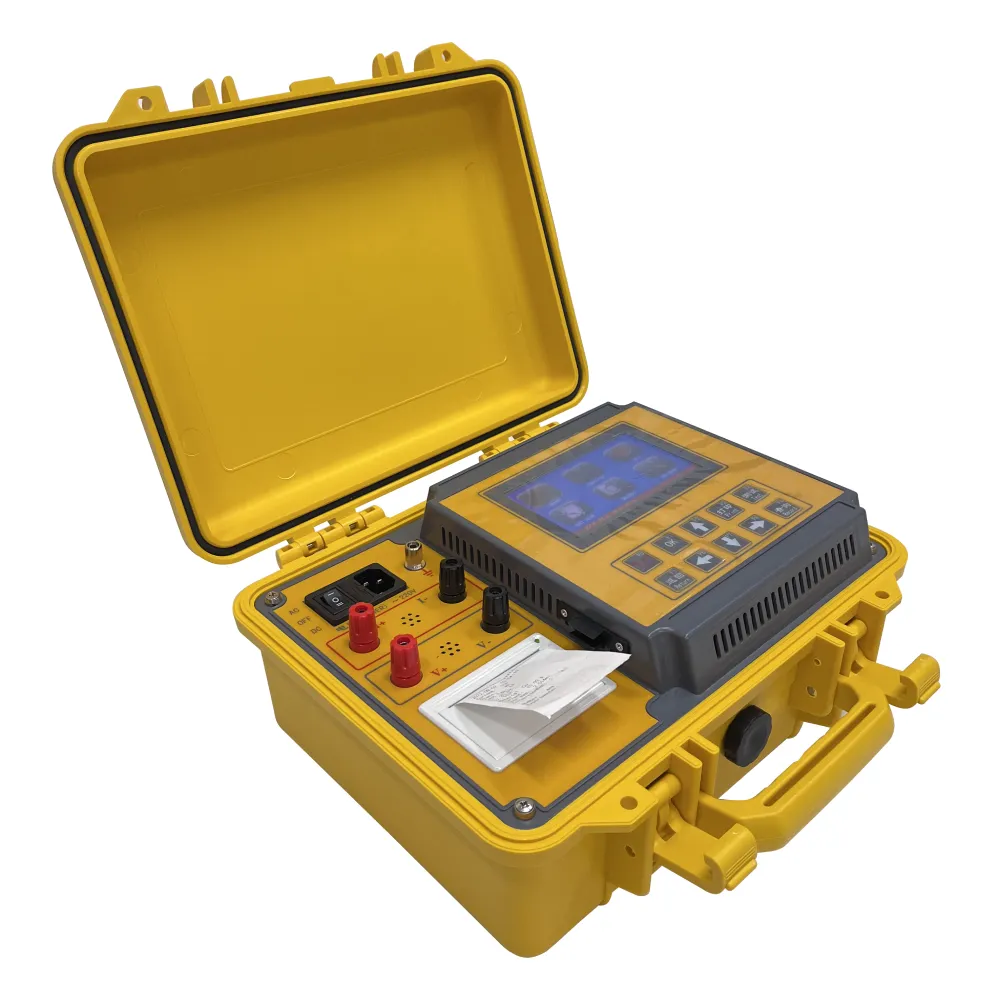 English
English


high voltage measuring device
High Voltage Measuring Devices Ensuring Safety and Accuracy in Electrical Systems
High voltage measuring devices play a crucial role in various industries, including power generation, transmission, and distribution, as well as in research laboratories. These devices are essential for monitoring the electrical parameters of systems that operate at significantly elevated voltages, typically above 1,000 volts. Given the hazards associated with high voltage electricity, accurate measurement and monitoring are vital to ensure safety, reliability, and efficiency.
One of the primary challenges of working with high voltages is the risk of electrical shock and equipment failure. Therefore, high voltage measuring devices must be designed with robust safety features. Insulation levels, circuit isolation, and the use of protective housing are critical considerations in their construction. Moreover, many high voltage measuring devices incorporate advanced technology, such as digital displays and remote monitoring capabilities, which allow operators to observe readings from a safe distance.
There are several types of high voltage measuring devices, each designed for specific applications. For instance, high voltage probes are used to measure voltage levels in electrical circuits, while high voltage dividers reduce voltage to safer levels for measurement without compromising accuracy. Additionally, insulation resistance testers assess the integrity of insulation materials, ensuring they can withstand high voltages without failure.
high voltage measuring device

Another essential device is the high voltage ammeter, which measures the current flowing through a circuit. Understanding current flow is critical for preventing overloads and maintaining system efficiency. Similarly, high voltage wattmeters measure power consumption, providing valuable data for energy management and cost analysis.
The accuracy of high voltage measuring devices is paramount, as even minor discrepancies can lead to inefficient operation or catastrophic failures. Standards set by organizations such as the International Electrotechnical Commission (IEC) dictate strict guidelines for the calibration and testing of these instruments. Compliance with these standards ensures that devices provide reliable measurements, contributing to safer electrical systems.
Advancements in technology have also facilitated the development of smart high voltage measuring devices, which integrate data logging and communication capabilities. These innovations enable real-time monitoring and automation, significantly enhancing the ability to detect faults and prevent equipment failures. As industries move towards greater automation and digitalization, the demand for sophisticated measuring devices continues to grow.
In conclusion, high voltage measuring devices are vital for maintaining the safety and efficiency of electrical systems. Their development and refinement are essential as industries increasingly rely on high voltage technologies. With ongoing advancements, these devices will continue to improve, providing greater accuracy and facilitating safer operations in high voltage environments.
-
Differences between open cup flash point tester and closed cup flash point testerNewsOct.31,2024
-
The Reliable Load Tap ChangerNewsOct.23,2024
-
The Essential Guide to Hipot TestersNewsOct.23,2024
-
The Digital Insulation TesterNewsOct.23,2024
-
The Best Earth Loop Impedance Tester for SaleNewsOct.23,2024
-
Tan Delta Tester--The Essential Tool for Electrical Insulation TestingNewsOct.23,2024





